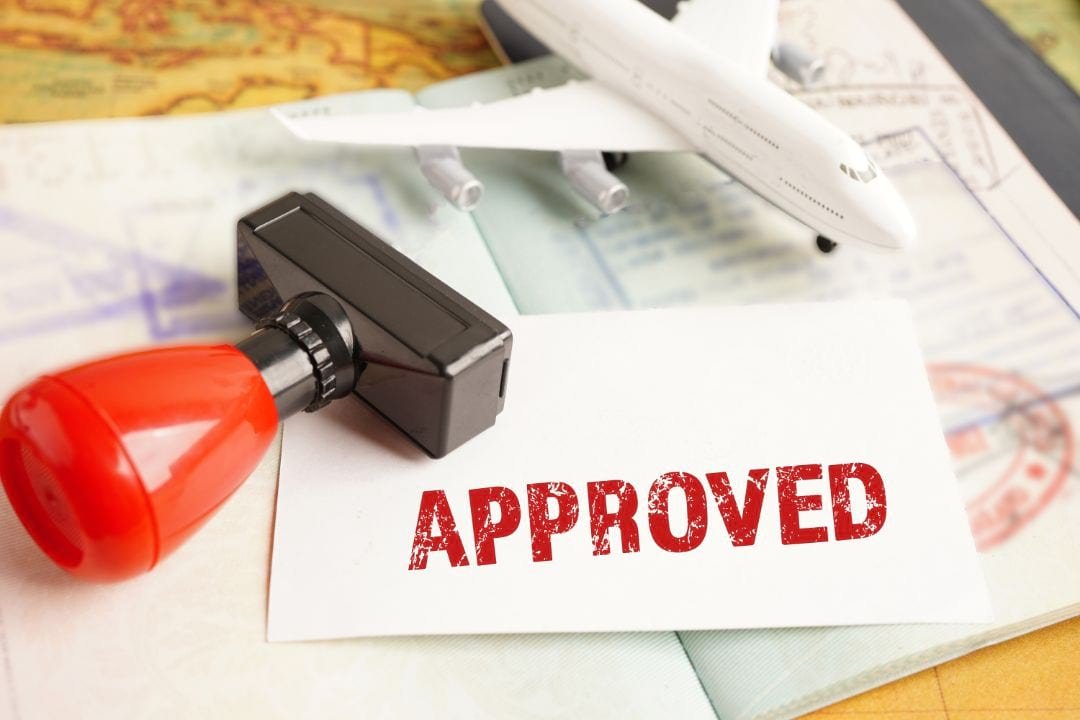

Commercial Flights Behind Pre-Pandemic Levels in July by Only 15%
According to the European Statistical Office, Eurostat, commercial flights in Greece have surpassed 2019 levels by seven per cent, and so has Iceland by four per cent, AtoZSerwisPlus.com reports.
Regarding the other countries, Slovenia had the lowest record of commercial flights, being 42 per cent below the pre-pandemic levels. Only Latvia has levels of commercial flights as low as Slovenia – being down by 39 per cent of 2019 levels when no travel limitation was imposed on tourists.
Countries that operated fewer flights in 2022 include Finland (29 per cent), Czechia (28 per cent), Bulgaria (27 per cent) and Sweden (26 per cent), while Luxembourg, Portugal and Romania operated more flights, as the discrepancy between 2022 and 2019 levels were minor.
More specifically, Luxembourg operated only one per cent fewer flights compared to July of 2019, Portugal about two per cent and Romania six per cent.
These positive rates of flights conducted recently indicate a strong recovery, although there are challenges that air travelling in Europe is currently experiencing. One of those challenges is long waiting queues, caused by either strikes or the overwhelming number of passengers recorded in the European airports.
As per airlines, the best-operating flight company for the second week of August was Ryanair, which surpassed the pre-pandemic levels by 15 per cent, operating a total of 3,012 flights, based on a recent statement by Eamonn Brennan, Eurocontrol’s General Director.
EasyJet and Turkish Airlines followed, operating 1,644 and 1,490 flights, respectively, being down by 13 per cent and one per cent compared to the same week in 2019.
Most affected airlines are considered SAS Group, operating 30 per cent fewer flights, in addition to British Airways, which operated 698 flights this week, 28 per cent fewer than in 2019, while Lufthansa was down by 239 flights – operating 1,196 or 20 per cent fewer flights than in pre-pandemic levels.
One of the reasons why Ryanair has been able to restore the number of flights operated is the low-cost tickets, which make air travelling accessible for all people. However, that is going to come to an end as Michael O’Leary, the CEO of Ryanair, previously revealed that there will no longer be €10 ($10.33) flights, saying super-cheap travelling is no longer an option.
“We think that €40 needs to edge up towards maybe €50 over the next five years. So, the £35 average fare in the UK will rise to maybe £42 or £43,” he pointed out.
As the CEO pointed out, this comes following the significant increase in oil prices, which will cause price tickets to surge.


















